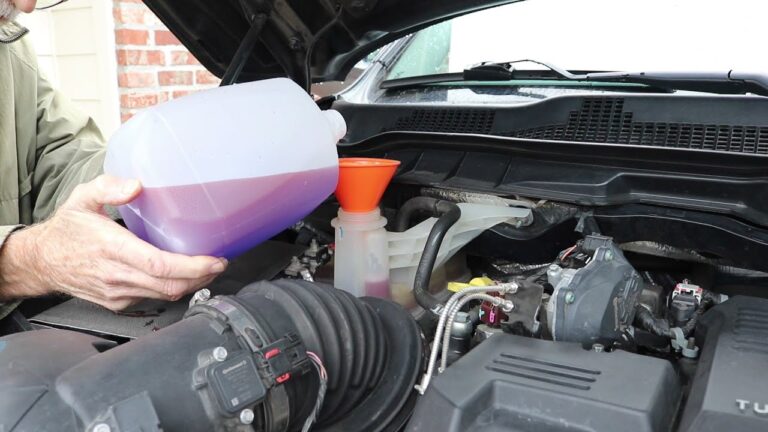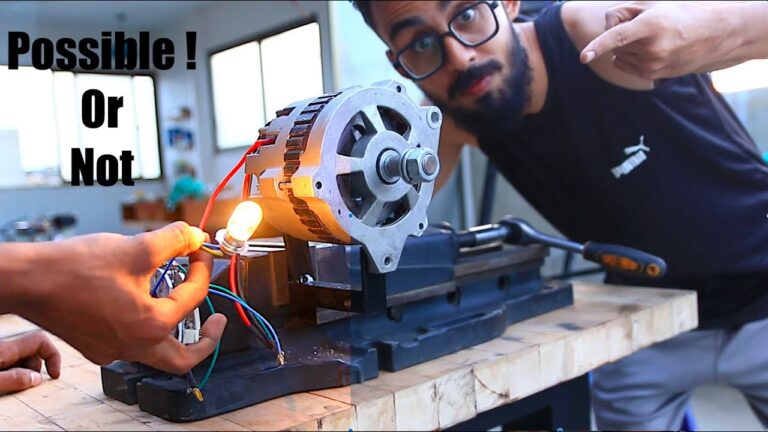Can I Still Drive My Car If Speedometer Doesn’t Work?

A malfunctioning speedometer can be frustrating and concerning, as it’s an essential part of your vehicle’s dashboard. It helps you monitor your speed, stay within speed limits, and avoid speeding tickets. However, if your speedometer stops working, you may wonder whether it’s safe to keep driving your car without it.
In this article, we’ll explore the potential risks and consequences of driving with a broken speedometer and offer guidance on how to address this issue.
Why Is the Speedometer Important?
The speedometer in your car provides real-time data about your current speed. It’s crucial not only for adhering to speed limits but also for maintaining safe driving practices. A functioning speedometer helps:
- Prevent speeding tickets: Knowing your speed helps you avoid exceeding speed limits.
- Ensure road safety: Maintaining a safe speed is vital, especially in various driving conditions like highways, curves, and traffic.
- Optimize fuel efficiency: Monitoring your speed helps ensure you’re not wasting fuel by driving too fast or too slow.
Can I Drive Without a Working Speedometer?
While it’s technically possible to drive without a functioning speedometer, it’s not advisable for several reasons:
1. Legal Implications
In most places, it’s illegal to drive a vehicle with a non-functional speedometer. Speed limits are in place for your safety and the safety of others on the road, and driving without the ability to accurately gauge your speed could lead to fines or penalties.
- Fines and tickets: If you’re pulled over and a police officer notices your speedometer is not working, you could be cited for operating an unsafe vehicle.
- Inspection failure: In some regions, a broken speedometer may cause your car to fail a routine safety or emissions inspection, which could prevent you from legally driving.
2. Increased Risk of Speeding
Without a working speedometer, it becomes much harder to keep track of how fast you’re going. This could lead to inadvertently speeding, which increases your chances of getting into an accident, receiving a ticket, or causing harm to yourself and others.
- Lack of awareness: When you don’t have a working speedometer, you’re more likely to lose track of your speed, especially when driving at higher speeds or on highways.
3. Fuel Efficiency and Engine Strain
Driving without knowing your speed could lead to poor driving habits, such as accelerating or braking too quickly. This may reduce your car’s fuel efficiency and increase wear and tear on the engine, potentially leading to costly repairs in the future.
4. Vehicle Performance and Safety
Modern vehicles often have systems that rely on data from the speedometer to function properly, such as the anti-lock braking system (ABS), traction control, and cruise control. A malfunctioning speedometer can affect how these systems operate, which may impact your vehicle’s safety and performance.
What Are the Possible Causes of a Broken Speedometer?
There are several reasons why your speedometer might not be working, ranging from simple issues to more complex mechanical or electrical problems:
1. Faulty Speed Sensor
The speedometer relies on a speed sensor to relay information to the dashboard. If the speed sensor is malfunctioning or broken, the speedometer will not receive the data it needs to display your speed accurately.
2. Broken or Disconnected Wiring
In some cases, a loose or damaged wire connecting the speedometer to the speed sensor can prevent the system from working properly. This is more common in older vehicles.
3. Blown Fuse
A blown fuse could cause the speedometer to stop working. If this is the issue, you may need to replace the fuse to restore function.
4. Malfunctioning Instrument Cluster
If the entire instrument cluster (which houses the speedometer) is malfunctioning, the issue could lie with the internal circuitry. This may require professional repair or replacement.
5. Vehicle Computer Problems
In modern vehicles, a faulty engine control unit (ECU) or computer system can interfere with the speedometer’s operation. This is a more complicated issue that may require professional diagnostic tools to fix.
Can You Drive Safely Without a Speedometer?
While it’s technically possible to drive without a functioning speedometer, it’s not recommended for safe driving. If you’re caught in a situation where the speedometer stops working temporarily, here are some things to consider:
1. Use GPS for Speed Tracking
If you absolutely need to drive and your speedometer isn’t working, you can use a GPS-based speedometer app on your smartphone. Many GPS apps, such as Google Maps, have speed-tracking features that display your speed in real-time. However, this is not a permanent solution.
2. Watch Your Tachometer
In some vehicles, the tachometer (which measures engine RPM) can give you an idea of your speed. If you are familiar with the RPM-to-speed correlation, you might be able to estimate your speed based on engine revolutions per minute.
3. Drive Cautiously
Without a functioning speedometer, it’s essential to be extra cautious. Pay close attention to road signs and speed limits, and avoid high-speed roads, especially highways, where knowing your exact speed is crucial for safety.
How to Fix a Broken Speedometer
If your speedometer is not working, it’s important to address the issue sooner rather than later. Here are some steps you can take to fix the problem:
1. Check the Fuse
Start by checking your car’s fuse box. If the fuse for the speedometer or instrument cluster has blown, replacing it might restore functionality.
2. Inspect the Speed Sensor
The speed sensor is often the culprit when the speedometer malfunctions. Have a mechanic check the speed sensor, as it may need to be replaced or recalibrated.
3. Examine the Wiring
If the wiring connected to the speedometer is damaged or loose, the sensor may not be able to transmit data properly. Have the wiring inspected and repaired if necessary.
4. Visit a Mechanic or Dealership
If you’re unable to diagnose or fix the problem yourself, it’s a good idea to take your car to a certified mechanic or dealership. They have the tools and expertise to pinpoint the exact cause of the issue and perform the necessary repairs.
Conclusion
In conclusion, driving without a working speedometer is not recommended. Not only could it result in legal consequences and higher risks of speeding, but it could also reduce your vehicle’s safety and overall performance. If your speedometer is malfunctioning, it’s crucial to address the problem promptly to avoid these risks.
If you’re unable to fix the issue yourself, seek professional help from a mechanic to get your speedometer back in working condition as soon as possible. Remember, safety comes first, so don’t take unnecessary chances by driving without a functional speedometer!





